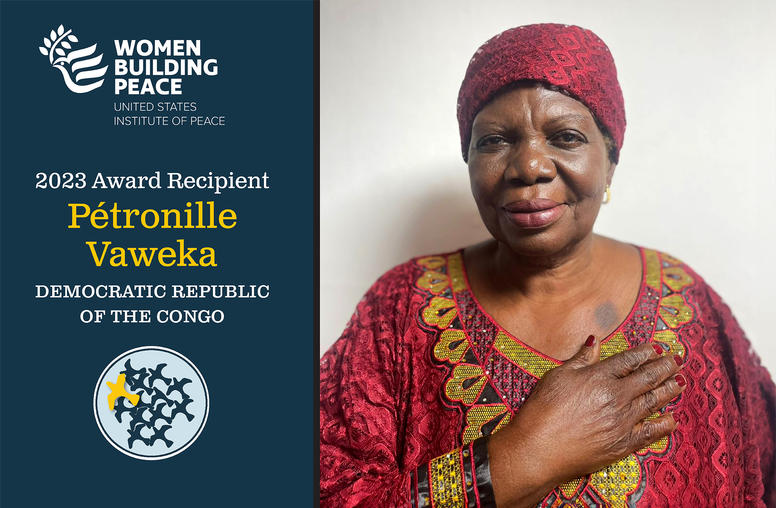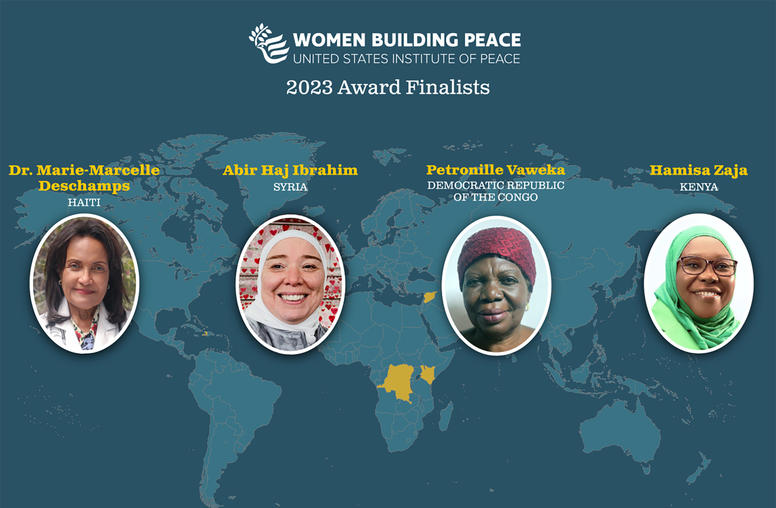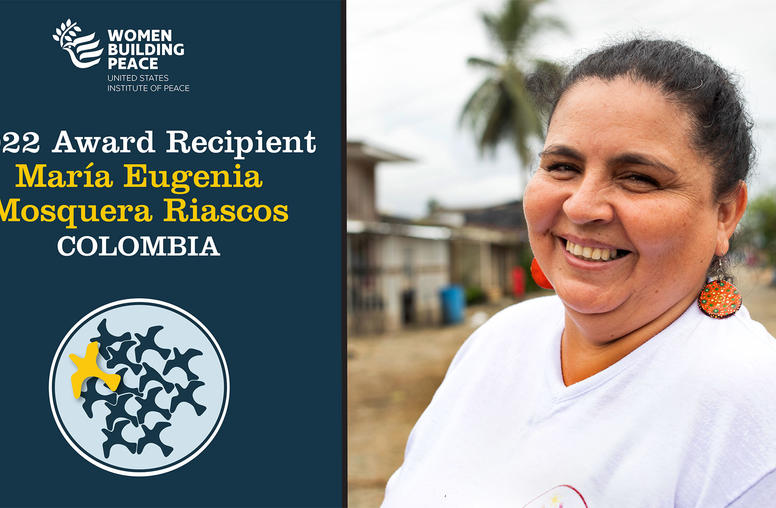Historical Context Key to the Success of Peace Processes in Afghanistan
For Immediate Release
Contact: Paula Burke, 202-429-4778
Steven Ruder, 202-429-3825
(Washington)—As the United States and NATO prepare to withdraw their troops from Afghanistan in 2014, the need for a negotiated settlement to the Afghan conflict becomes more urgent. Getting It Right in Afghanistan, edited by Scott Smith, Moeed Yusuf, and Colin Cookman, is a collection of analysis that aims to capture lessons from the past decade of conflict and contribute to future peace processes.
The contributors to this volume agree that Afghanistan’s long-term stability requires an inclusive political agreement that can resolve domestic conflicts, account for regional dynamics, and avoid the mistakes of previous reconciliation processes. Converging around the theme of a political settlement to the Afghan conflict, these essays explain the sources of the conflict and convey both the difficulty and necessity of building an enduring and stable political consensus in Afghanistan’s fragmented environment.
“The fluidity of the current situation offers possible breakthroughs but also poses risks of deadlock, fragmentation, and continued cycles of mistrust and conflict,” state the editors. If more informed policy can provide alternatives to war, this volume could help policymakers better negotiate an end to Afghanistan’s conflict.
“A great deal has been learned at great cost,” remind the editors. “The priority now must be to use that knowledge to ensure an outcome in Afghanistan that addresses the question of restoring a sustainable political order.”
One of the Institute’s priorities since beginning its Afghanistan program in 2002 has been to contribute to the policy formulation process and a better understanding of Afghanistan. Clear, timely, and accurate analysis of the conflict has been its contribution, and the articles in this volume highlight how the Institute anticipated much current U.S. policy, including the focus on Afghanistan-Pakistan-India dynamics and the challenges of implementing a reconciliation process that can accommodate the diverse interests of Afghanistan’s conflict parties and their neighbors.
ABOUT THE EDITORS
Scott Smith is the director of Central Asia and Afghanistan programs at the United States Institute of Peace. Formerly at the United Nations, he is the author of Afghanistan’s Troubled Transition: Politics, Peacekeeping and the 2004 Presidential Election. Moeed Yusuf is director of South Asia programs at USIP and has taught at Boston University and Quaid-e-Azam University. He is the editor of the forthcoming USIP volume Insurgency and Counterinsurgency in South Asia: Through a Peacebuilding Lens. Colin Cookman is a research contractor for USIP and a former research analyst at the Center for American Progress. He also served as a member of Democracy International’s election observation team during the 2010 parliamentary elections in Afghanistan.
ABOUT THE UNITED STATES INSTITUTE OF PEACE
The United States Institute of Peace is an independent, nonpartisan conflict management center created by Congress to prevent and mitigate international conflict through nonviolent means. USIP saves lives, increases the government’s ability to deal with conflicts before they escalate, reduces government costs, and enhances national security. USIP is headquartered in Washington, DC. To learn more, visit www.usip.org.
Getting It Right in Afghanistan
United States Institute of Peace Press
December 2013 • 348 pp. • 6 x 9 • $24.95 (paper) • ISBN: 978-1-60127-182-2


